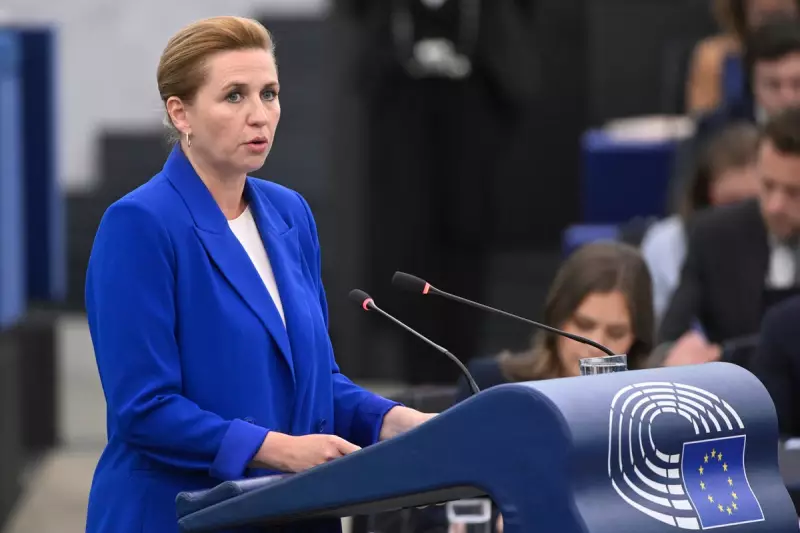
In one of the most extraordinary diplomatic episodes of modern times, former President Donald Trump seriously pursued the purchase of Greenland from Denmark, setting off an international controversy that strained relations between the two NATO allies.
The Billion-Dollar Proposal That Shook Diplomacy
According to multiple sources familiar with the matter, Trump repeatedly expressed interest in acquiring the world's largest island, viewing it through his distinctive lens as a real estate developer. The president allegedly described Greenland as "a large real estate deal" and directed White House counsel to explore the possibility of purchasing the autonomous Danish territory.
Danish Backlash and Diplomatic Fallout
The proposal was met with utter disbelief in Copenhagen. Danish Prime Minister Mette Frederiksen didn't mince words, calling the idea "absurd" and firmly stating that "Greenland is not for sale." The diplomatic tension escalated to such a degree that Trump abruptly cancelled a scheduled state visit to Denmark, a move that stunned European leaders.
Strategic Interests Behind the Curtain
While Trump's approach may have seemed eccentric, it aligned with longstanding US strategic interests in the Arctic region. Military experts note that Greenland's location offers significant advantages for:
- Monitoring Russian and Chinese Arctic activities
- Expanding early warning systems
- Securing valuable shipping routes opening due to climate change
- Accessing potential mineral and energy resources
Greenland's Response: Independence Over Acquisition
The people of Greenland themselves responded with a mixture of amusement and outrage. Local politicians emphasised that while they welcome foreign investment and cooperation, their future lies in greater independence from Denmark, not transfer to another power. "We're not a piece of property to be bought and sold," one Greenlandic official remarked.
A Lasting Impact on US-Denmark Relations
Though the purchase never materialised, the episode left lasting scars on the US-Denmark relationship. It highlighted fundamental differences in how Trump approached international diplomacy versus European expectations. The incident also raised questions about how great powers view smaller nations in an era of renewed great power competition.
As climate change continues to transform the Arctic, making the region more accessible and strategically valuable, the world may look back at Trump's Greenland gambit as a precursor to future geopolitical struggles over this rapidly changing frontier.






